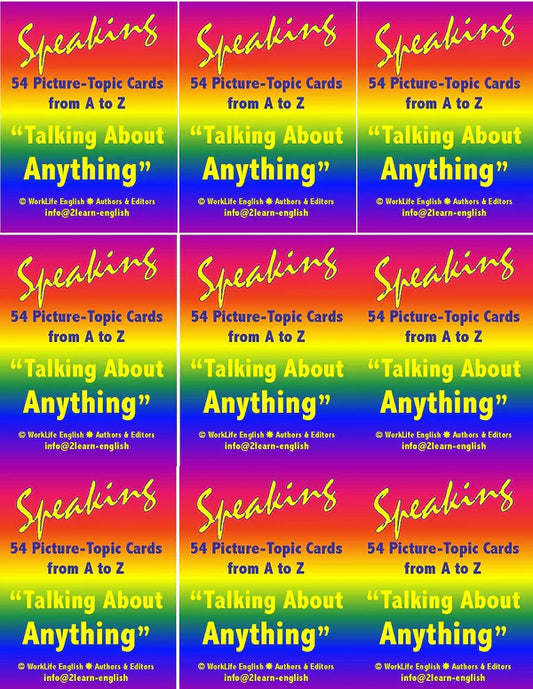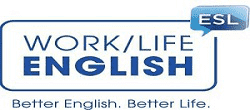Blogs from Work/Life English

Overcoming Common Challenges Faced by Adult Edu...
Have you ever felt overwhelmed by the unique challenges of teaching adult learners? Whether it's managing diverse skill levels, keeping students engaged, or finding quality resources, adult education instructors face...
Overcoming Common Challenges Faced by Adult Edu...
Have you ever felt overwhelmed by the unique challenges of teaching adult learners? Whether it's managing diverse skill levels, keeping students engaged, or finding quality resources, adult education instructors face...

Becoming an ESL Teacher in America: A Guide for...
For non-native speakers aspiring to become ESL (English as a Second Language) teachers in America, the journey can be both challenging and rewarding. This guide aims to provide valuable insights...
Becoming an ESL Teacher in America: A Guide for...
For non-native speakers aspiring to become ESL (English as a Second Language) teachers in America, the journey can be both challenging and rewarding. This guide aims to provide valuable insights...

ESL Classroom Activities for the Holiday Seaso...
The holiday season is a time of joy, festivity, and, for ESL teachers, an excellent opportunity to introduce engaging and thematic classroom activities. Integrating holiday themes into your lessons not...
ESL Classroom Activities for the Holiday Seaso...
The holiday season is a time of joy, festivity, and, for ESL teachers, an excellent opportunity to introduce engaging and thematic classroom activities. Integrating holiday themes into your lessons not...

Health First: Why an ESL Teacher’s Well-being i...
The Impact of Mental Health on Teaching Quality: Discover how your well-being directly influences your effectiveness in the classroom. Practical Strategies for Work-Life Balance: Time management tips, setting boundaries, and...
Health First: Why an ESL Teacher’s Well-being i...
The Impact of Mental Health on Teaching Quality: Discover how your well-being directly influences your effectiveness in the classroom. Practical Strategies for Work-Life Balance: Time management tips, setting boundaries, and...

The Nuances of Prepositions: Tips for Teaching ...
Navigating the intricacies of teaching prepositions in English, especially to non-native speakers, can be challenging. Successful strategies include grounding prepositions in real-life contexts, breaking down prepositional phrases, using visual aids,...
The Nuances of Prepositions: Tips for Teaching ...
Navigating the intricacies of teaching prepositions in English, especially to non-native speakers, can be challenging. Successful strategies include grounding prepositions in real-life contexts, breaking down prepositional phrases, using visual aids,...

Engaging and Interactive ESL Activities: Elevat...
The blog delves into ESL education's evolving landscape, highlighting engaging interactions and interactive teaching. Language learning shifts from rote memorization to immersive exploration. Interactive activities are praised for nurturing holistic...
Engaging and Interactive ESL Activities: Elevat...
The blog delves into ESL education's evolving landscape, highlighting engaging interactions and interactive teaching. Language learning shifts from rote memorization to immersive exploration. Interactive activities are praised for nurturing holistic...
